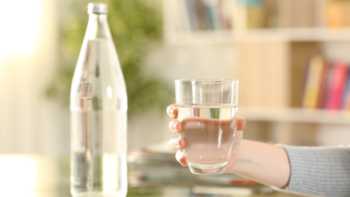Electrolytes & Sports Drinks Review
See Which Sports Drinks, Powders, and Pills Deliver the Right Electrolytes
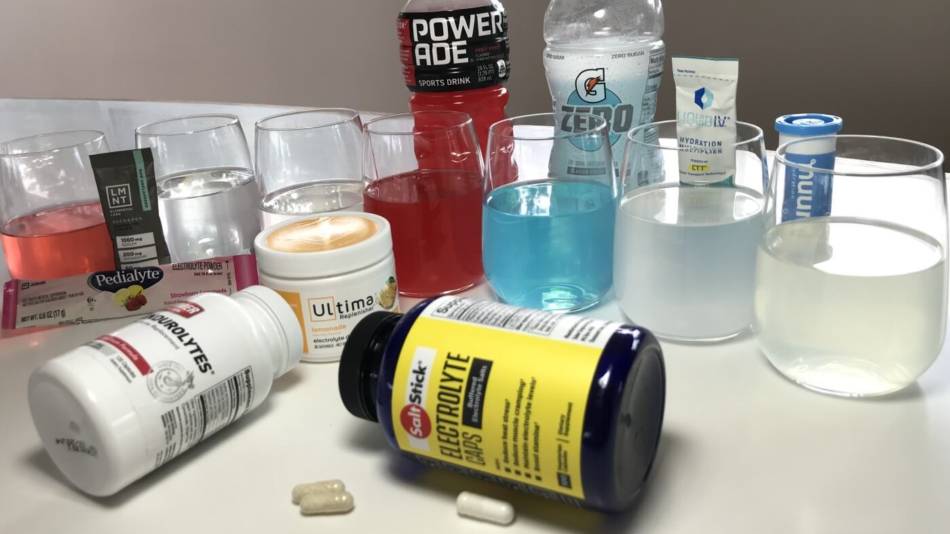
Summary
-
Who needs electrolyte replacement?
As long as you are fairly healthy and eat a balanced diet, if you work out for an hour, you only need water to recover; you don't need an "electrolyte" supplement. Only when doing strenuous exercise for long periods of time (i.e., 90 minutes or more) are you likely to be sweating out enough electrolytes (primarily sodium) to require replenishment. After a long period of strenuous exercise, a drink or food that provides some sugar (energy) may also help restore blood sugar levels and help maintain your energy levels. Electrolyte or "sports" drinks can be helpful in these situations, but so can drinking water and consuming foods that provide the right electrolytes as well sugars.
Be aware that rehydration is also important for people with diarrhea, with replenishment of potassium and chloride, as well as sodium, being important. (See When Do You Need Replenishment?)
It is commonly believed that electrolyte replenishment helps with symptoms of a hangover from alcohol consumption, but there does not appear to be clinical evidence supporting this use — although electrolyte disturbances can occur along with chronic alcohol abuse.
For more details, see When Do You Need Replenishment? -
Which are the best electrolyte and sports recovery products?
ConsumerLab's tests showed that most products provided their listed amounts of sodium and other electrolytes and sugars (one did not), but amounts of sodium ranged 20-fold, and some products do not appear to be appropriate for sports recovery (see What CL Found and How Products Were Evaluated). -
Who needs electrolyte replacement?
Among the protein products that ConsumerLab.com selected for review, three failed our tests, one of which was found to be contaminated with lead and contain more fat, sodium, and calories than listed. Interestingly, none of the failures related to protein content (see What CL Found).
Our Top Pick among electrolyte products provided amounts of sodium and potassium, as well as sugar, in-line with recommendations for a sports beverage, and was well priced compared to other products. We also identified a low-cost electrolyte supplement that could provide the right amounts of sodium and potassium for sports recovery.
For rehydration due to diarrhea, we also identified a Top Pick that provides a higher concentration of sodium, as well as more appropriate levels of potassium and chloride, than most other products, as well as some sugar. -
Tips for preventing dehydration and for rehydrating (explained in more detail in the review):
- Dress to permit sweat to evaporate, such as lighter and water-permeable clothing.
- Don't drink large amounts of water or electrolyte drinks right before exercising. Instead, pre-hydrate at least several hours before activity.
- Drink periodically during exercise, as well as afterward.
- Be aware that drinking excessive water without electrolytes can be a problem.
- People over 65 should be aware that they may have a blunted thirst response, making them more susceptible to dehydration.
- Consider taking additional measures to avoid heat-related illness when the environment is particularly hot or humid.
(See our information about other types of sports drinks and supplements such as Protein Powders and Drinks, Muscle Enhancers (Creatine and BCAAs), and Coconut Waters, as well as the evidence for other supplements touted for sports.)
Make sure you're choosing the best electrolyte drink, powder, or pill approved in our tests!
See the Full Review as a MemberAlready a member? Sign in here.
Join now at www.consumerlab.com/join/
Alphabetical list of electrolyte drinks, powders, and pills compared in this review
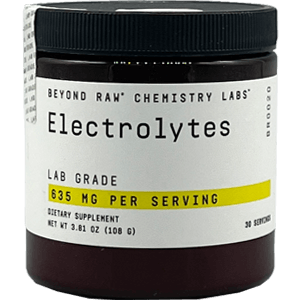
Beyond Raw Chemistry Labs Electrolytes
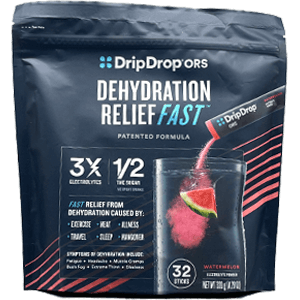
DripDrops ORS Dehydration Relief Fast - Watermelon
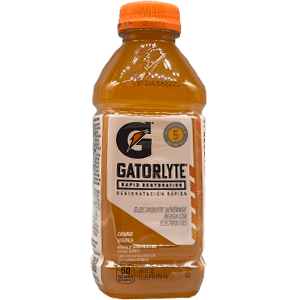
Gatorade Gatorlyte Rapid Rehydration - Orange
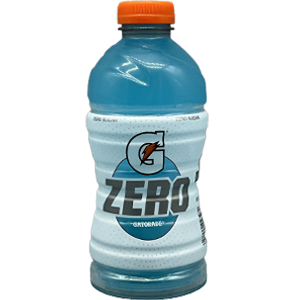
Gatorade Zero - Glacier Freeze
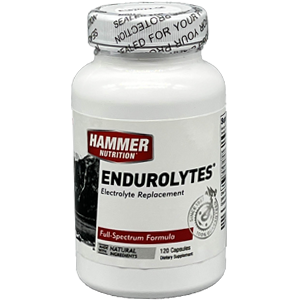
Hammer Nutrition Endurolytes - Electrolyte Replacement
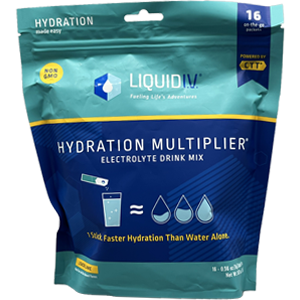
Liquid I.V. Hydration Multiplier Lemon Lime
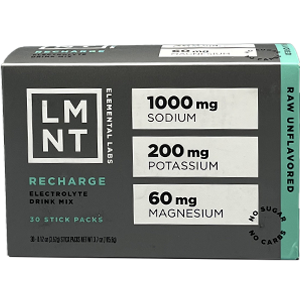
LMNT Elemental Labs Recharge - Raw Unflavored
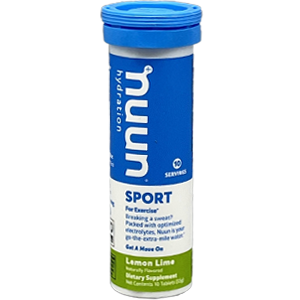
Nuun Hydration Sport - Lemon Lime
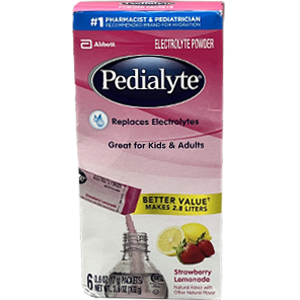
Pedialyte Electrolyte Powder - Strawberry Lemonade
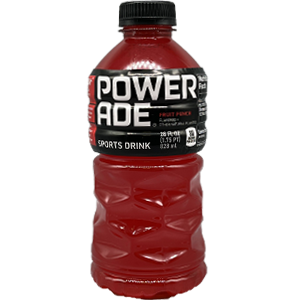
Powerade Fruit Punch
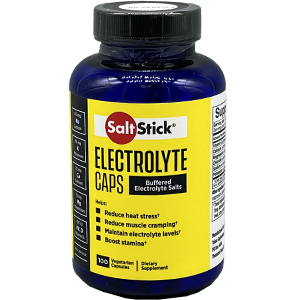
Salt Stick Electrolyte Caps
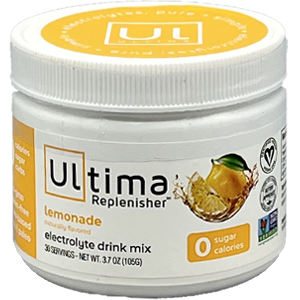
Ultima Replenisher - Lemonade
In this comprehensive review, you'll discover:
Which electrolyte products failed testing, which passed, and which are CL's Top Picks
How electrolyte drinks, powders and pills compare on amounts of sodium, potassium, chloride, sugar and calories, as well as taste and price
Who may need to use electrolyte drinks and who does not
When and how to safetly use electrolyte drinks, including whether they should be used before, during or after exercise
Safety concerns and cautions with electrolyte drinks, including those for people with high blood pressure or kidney disease
Join to unlock the full report and get full access to over 1,400 reviews
See the Full Review as a MemberAlready a member? Sign in here.
Join now at www.consumerlab.com/join/
As a ConsumerLab.com member, you may print a copy of this report for your personal use.
You can access a special print version by clicking the "Print" icon in the upper right corner of this report. You can then use your web browser's print functions to print the whole report or just selected pages.
You may also email or post a link to this report using the web address above. Non-members using the link will see a free summary and can join to view the full report. Other means of copying or distributing this report, in part or full, are not permitted.
If you are sight-impaired and your computer is having trouble converting the text in this report to speech, contact us for assistance at Membership@ConsumerLab.com or by phone at 914-722-9149.



